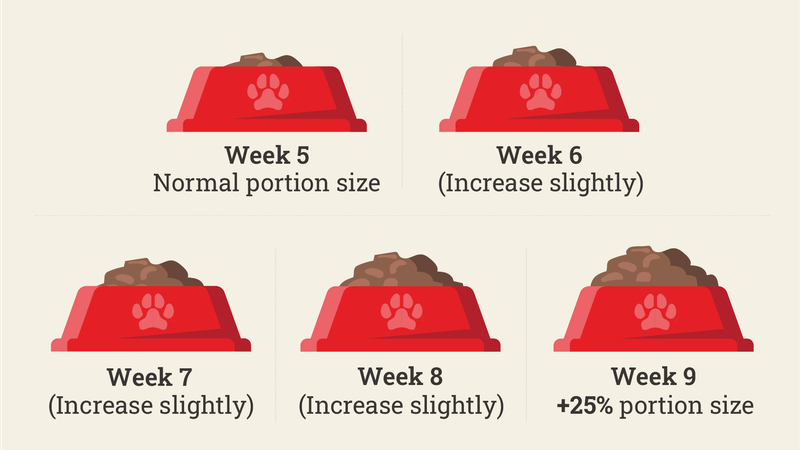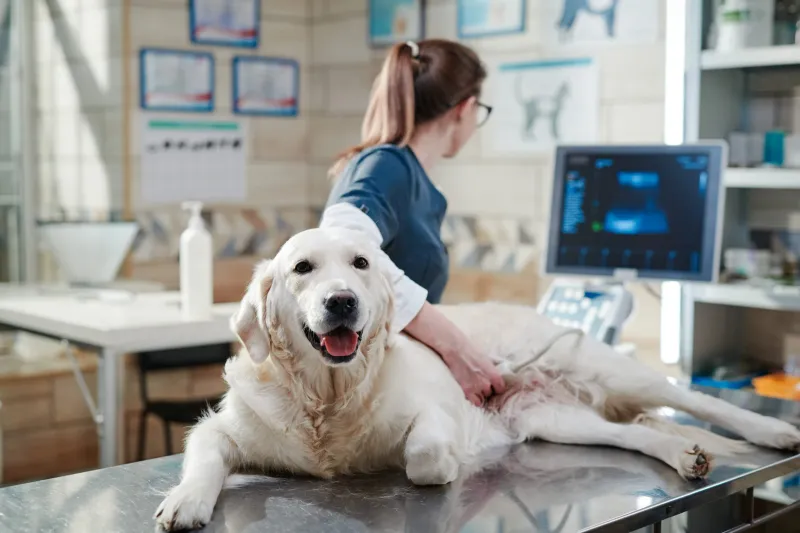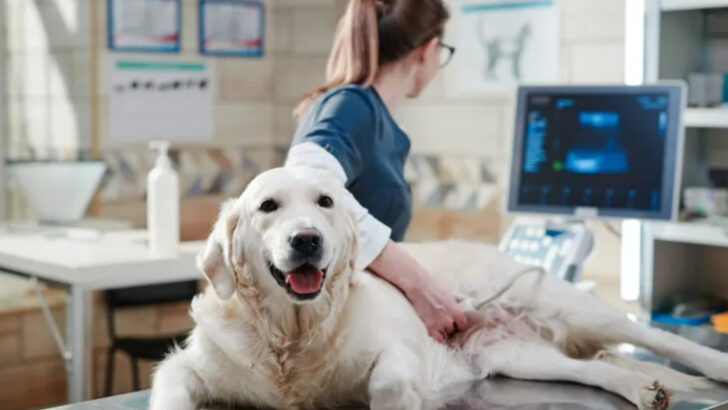It happens fast—and it changes everything. One day your dog is just… your dog. The next, she’s nesting, stretching, and glowing like a furry little furnace. Welcome to the whirlwind: 63 wild, emotional, belly-popping days of dog pregnancy. From surprise cravings to midnight digging sprees, canine motherhood is a rollercoaster—and if you don’t know what to expect, it’ll leave you spinning. Whether you’re bracing for puppies or just curious about the magic behind those tiny heartbeats, this guide covers the strange, sweet, and sometimes messy journey of dog pregnancy—week by wiggly week.
Nutritional Needs During Pregnancy

Pregnancy is a demanding phase requiring optimal nutrition. Your dog’s diet must be rich in protein, vitamins, and minerals to support the developing puppies. A specialized pregnancy formula can be beneficial.
Avoid overfeeding, as obesity can lead to complications during birth. Instead, focus on quality over quantity, ensuring each meal is nutrient-dense.
Consulting with a veterinarian to tailor a diet plan that meets your dog’s specific needs is advisable. This will help maintain her energy levels and health throughout the pregnancy. A well-fed mother means healthier pups!
Recognizing Behavioral Changes

Behavioral shifts in pregnant dogs are not uncommon. Nesting is one such instinct, where she might gather soft items to create a comfortable space for her future litter.
Some dogs may also become more affectionate, seeking reassurance and companionship. Conversely, others might desire solitude, displaying signs of restlessness.
Understanding these behaviors allows you to provide the necessary comfort and environment for your dog. Respect her preferences, whether she seeks your company or needs time alone. Observing and adapting to her needs ensures a happier, stress-free pregnancy.
The Importance of Regular Vet Visits

Regular vet visits are vital during pregnancy, ensuring both mother and puppies are in good health. These check-ups help monitor the pregnancy’s progress, allowing early detection of potential issues.
Vaccinations and deworming must be up-to-date, protecting the unborn puppies from infections. Discuss with your vet the best schedule for these treatments.
Routine ultrasounds may be recommended to track the development of the litter. A healthy pregnancy often results from proactive and preventative care. Your veterinarian is an invaluable resource during this time.
Understanding the Stages of Pregnancy

Dog pregnancy is divided into three trimesters, each lasting about three weeks. Understanding these stages helps you recognize normal and abnormal symptoms.
The first trimester includes early pregnancy signs like appetite changes. The second involves visible weight gain and fetal development. By the third, nesting begins as the dog prepares for birth.
Being familiar with each stage’s symptoms and needs can ease any anxiety, preparing you for the delivery day. It’s a journey of growth and change, both for the dog and owner.
Preparing for Whelping Day

As the whelping day approaches, preparing a dedicated birthing area is crucial. Choose a quiet, comfortable corner where your dog feels secure and at ease.
A whelping box is essential, offering a confined space that keeps the puppies safe and contained. Line it with soft blankets for added comfort and warmth.
Familiarize yourself with the signs of labor and have necessary supplies ready. Your presence provides reassurance and assistance during the birthing process. Proper preparation equates to a smoother, stress-free labor experience.
Postpartum Care for Mother and Puppies

Postpartum care is vital for recovery and bonding. After birth, the mother requires rest, nutritious food, and hydration to support milk production.
Monitor the puppies’ feeding and growth, ensuring each pup is nursing properly. Regular vet check-ups are essential to track their progress and address any health concerns promptly.
Creating a calm environment supports the mother’s recovery and strengthens her bond with the puppies. Your role includes monitoring, nurturing, and ensuring both the mother and puppies thrive in their new chapter.
Recognizing Complications Early

Recognizing complications early can make a significant difference. Signs like prolonged labor, unusual discharge, or lethargy require immediate veterinary attention.
Trust your instincts if something feels off. It’s better to consult a veterinarian even for minor concerns. Early intervention can prevent severe outcomes.
Keep emergency vet contact information accessible. Being proactive and alert ensures the health and safety of both the mother and her puppies. Vigilant observation is crucial during this sensitive time.

